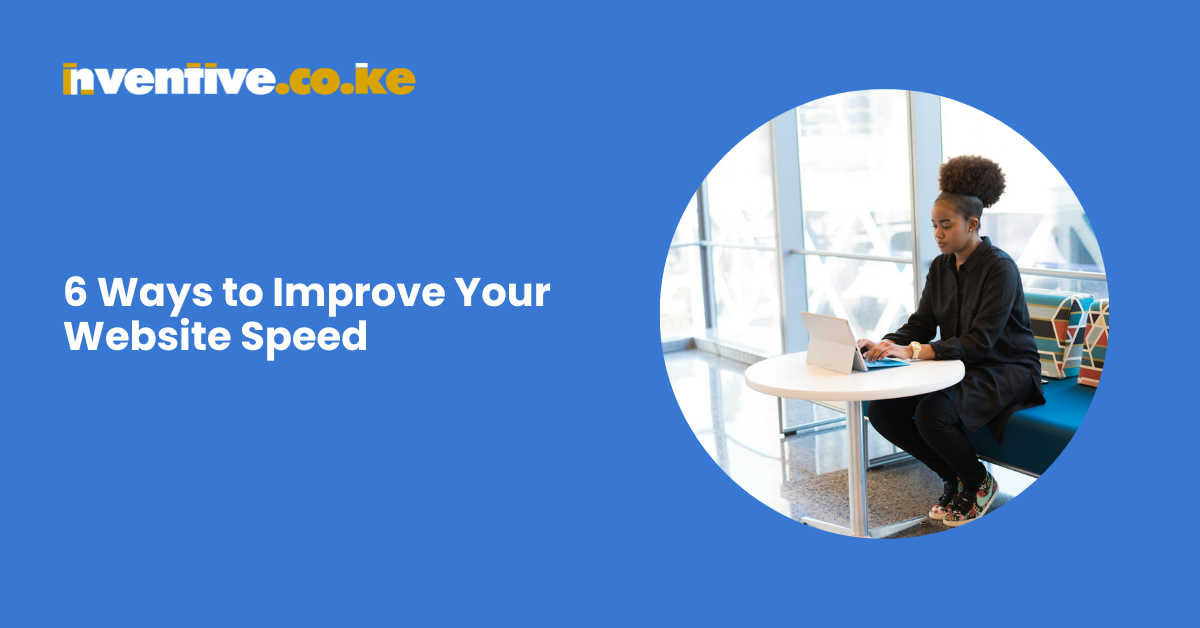

Ensuring your website loads quickly is crucial for providing a seamless user experience and optimizing your online presence. From selecting the right hosting company to implementing browser caching and compression techniques, there are several strategies you can employ to enhance your website’s speed. Let’s explore six effective techniques to improve your website speed:
Challenge: Every hosting company offers different performance levels, making it essential to choose one that meets your website’s needs.
Solution: Research hosting providers based on features, performance, pricing, and customer reviews. Select a hosting package that offers top-notch performance to ensure your website loads quickly and reliably.
Challenge: Loading all website elements from scratch can slow down page loading times for returning visitors.
Solution: Activate browser caching to instruct users’ browsers to temporarily store static files from your website. This allows subsequent visits to load faster as browsers retrieve cached files instead of re-downloading them.
Challenge: Establishing new connections for each file transfer can hinder website loading speeds.
Solution: Configure your web server to use a persistent connection or “keep-alive” HTTP header to prevent the need for creating new connections for each file transfer. This ensures efficient data transfer and faster website loading times.
Challenge: Large file sizes can slow down website loading times, especially for visitors with limited bandwidth.
Solution: Enable GZIP compression to reduce file sizes for various website elements, such as CSS, JavaScript, and HTML files. This compression technique can significantly decrease page weight and improve loading speeds, particularly for users with slower internet connections.
Challenge: Redirects can introduce additional delays and hurdles for users accessing your website.
Solution: Minimize the use of landing page redirects, especially for mobile users. Instead, focus on creating a single, mobile-friendly design that adapts to different screen resolutions without the need for redirects. This streamlines the user experience and improves loading speeds.
Challenge: Hosting your website on a single server can lead to latency issues for users located far from the server location.
Solution: Implement a CDN to distribute copies of your website across a global network of servers. This ensures faster loading times for users by serving content from the nearest server location. Investing in a CDN can significantly reduce server strain and enhance website performance for visitors worldwide.
Optimizing your website for speed is essential for providing a positive user experience and maintaining a competitive edge in the digital landscape. By implementing techniques such as selecting the right hosting company, enabling browser caching and compression, minimizing redirects, and utilizing a CDN, you can significantly improve your website’s loading times.
At [Your Company], we understand the importance of website speed and offer hosting solutions optimized for performance. Contact us today to learn how we can help enhance your website speed and provide users with a seamless browsing experience.
Don’t let slow loading times hinder your online success. Take action today to optimize your website for speed and ensure maximum performance for your visitors.